From the embers
Extraits
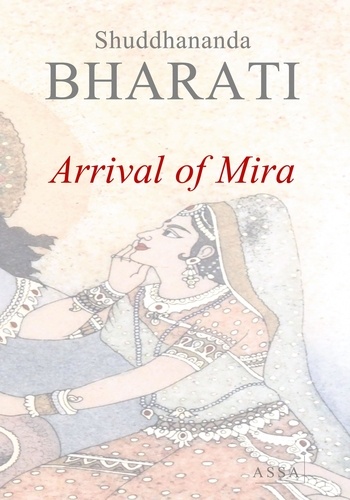
Théâtre
Arrival of Mira, Love story between Bhojan and Mira
03/2013
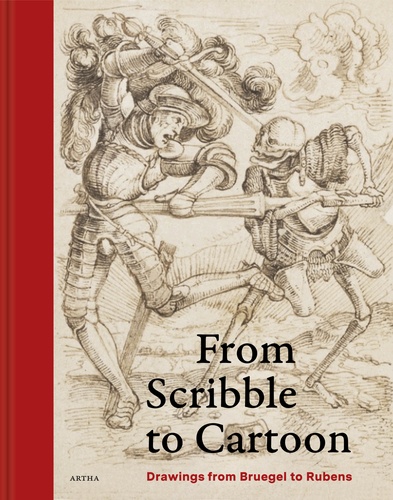
Mouvements artistiques
From scribble to cartoon. Drawings from Bruegel to Rubens
01/2024
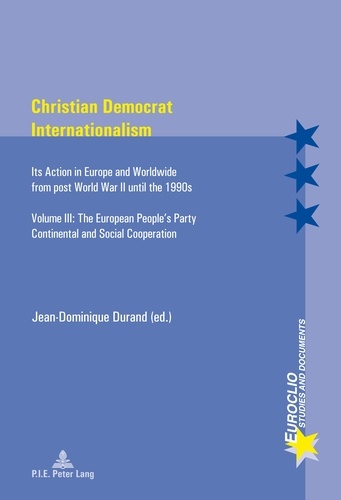
Histoire de France
Christian Democrat Internationalism. Its Action in Europe and Worldwide from post World War II until the 1990s- Volume III: The European People’s Party- Continental and Social Cooperation
12/1986
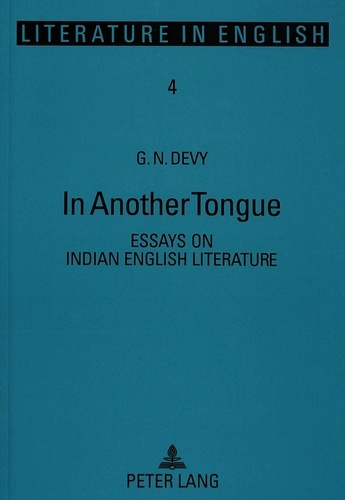
Non classé
In Another Tongue
06/1993
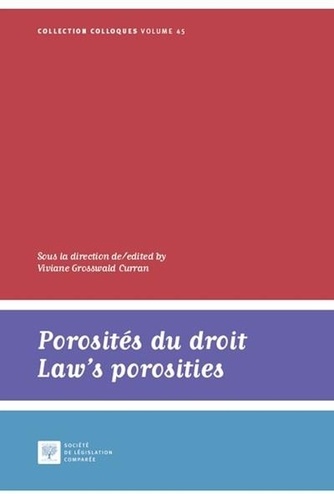
Droit
Porosités du droit. Textes en français et anglais
01/2021
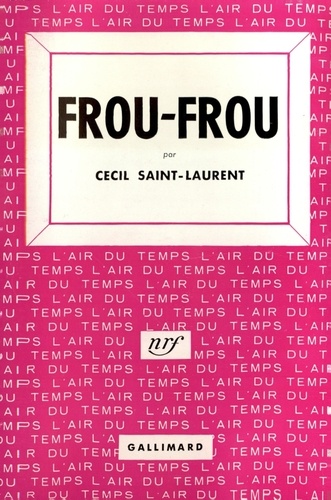
Littérature française
FROU-FROU
10/1955
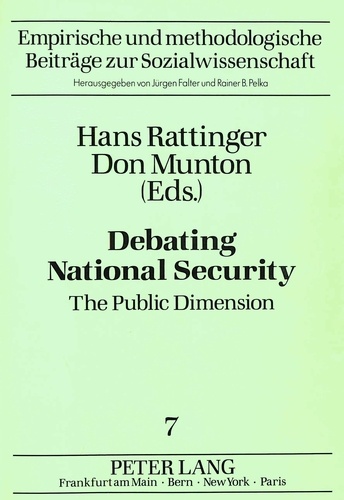
Non classé
Debating National Security
04/1991
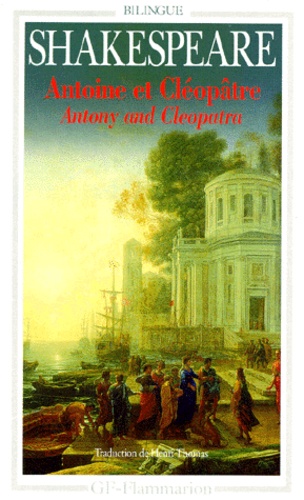
Théâtre
Antoine et Cléopâtre
10/1996
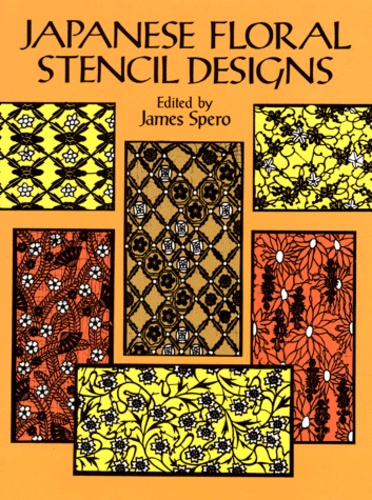
Décoration
Japanese Floral Stencil Designs
01/1991
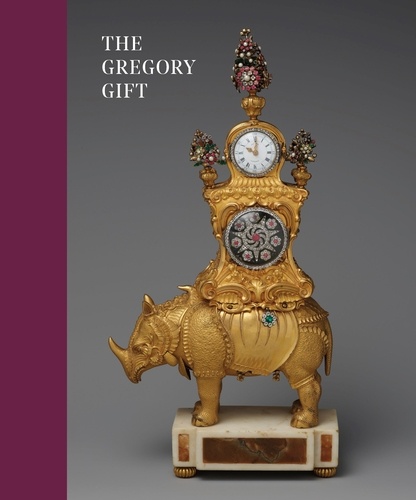
Monographies
The Gregory Gift
02/2023
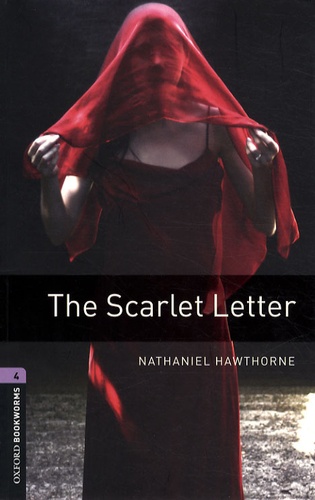
Anglais apprentissage
The Scarlet Letter
07/2009
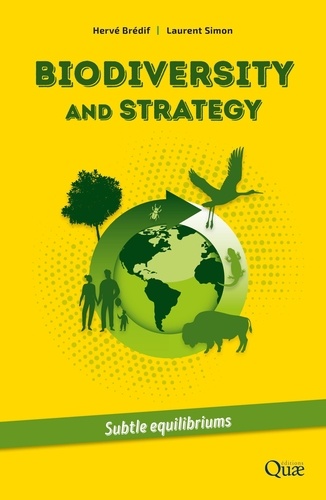
Agriculture
Biodiversity and strategy.. Subtle equilibriums
12/2023
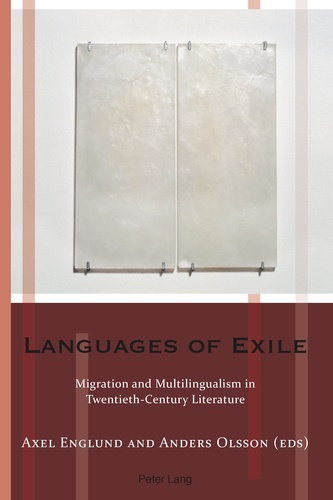
Non classé
Languages of Exile
10/2013
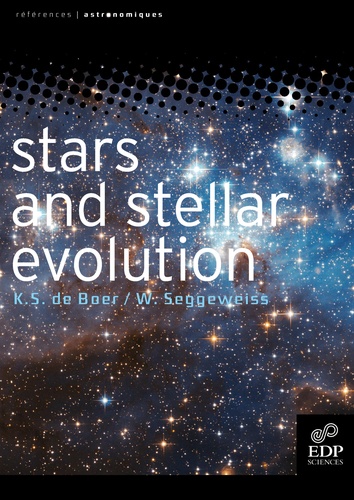
Sciences de la terre et de la
Stars and Stellar Evolution
02/2009
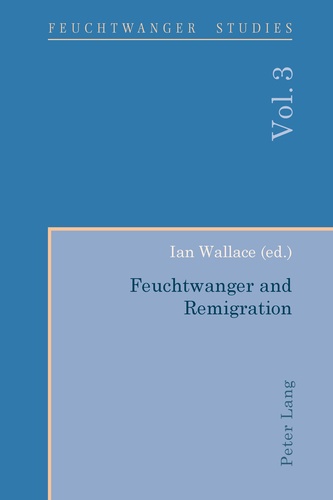
Non classé
Feuchtwanger and Remigration
05/2013
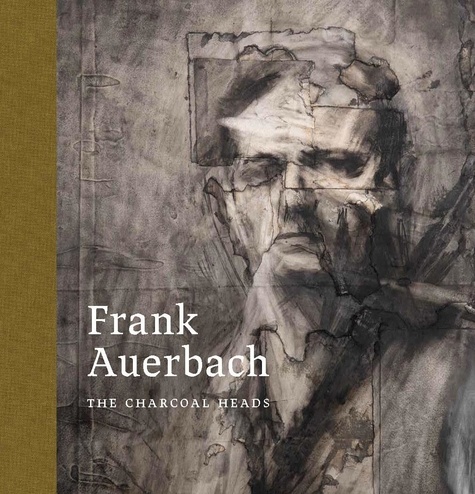
Mouvements artistiques
Frank Auerbach. The Charcoal Heads
03/2024
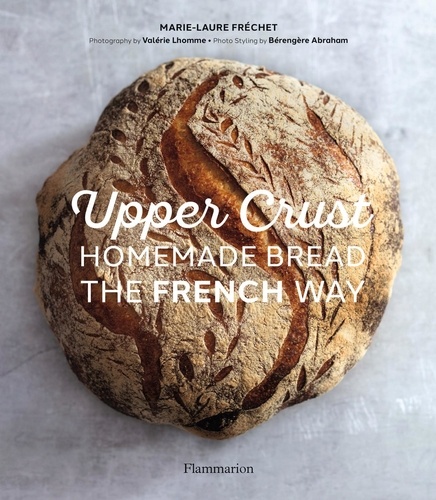
Monographies
Upper Crust : Homemade Bread the French Way. Recipes and techniques
11/2021
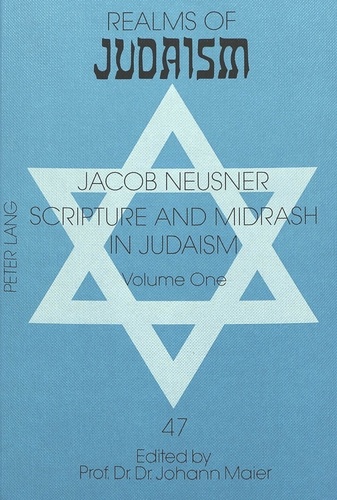
Sciences politiques
Scripture and Midrash in Judaism
03/1994
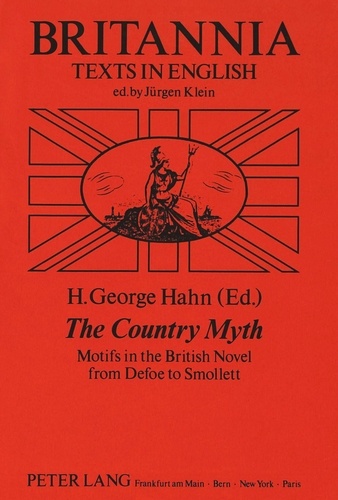
Non classé
The Country Myth
12/1991
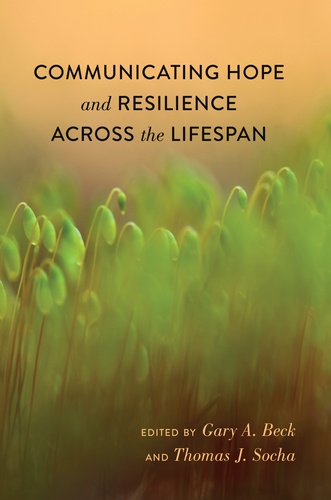
Sociologie
Communicating Hope and Resilience Across the Lifespan
03/2015
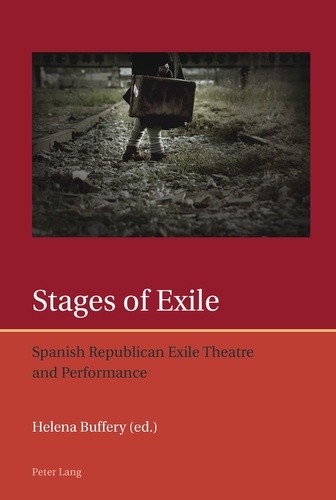
Non classé
Stages of Exile
09/2011
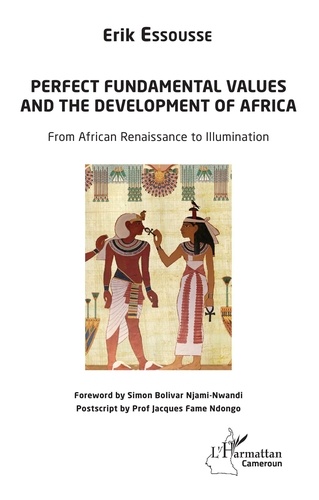
Histoire internationale
Perfect fundamental values and the development of Africa. From African Renaissance to Illumination
02/2020
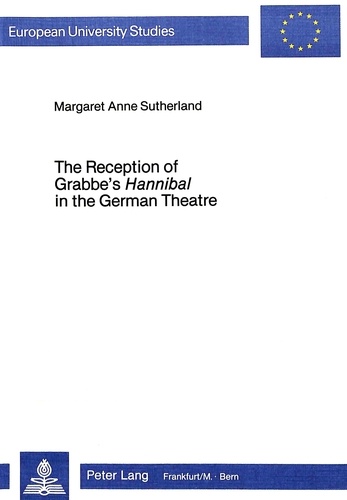
Non classé
The Reception of Grabbe's Hannibal in the German Theatre
12/1984
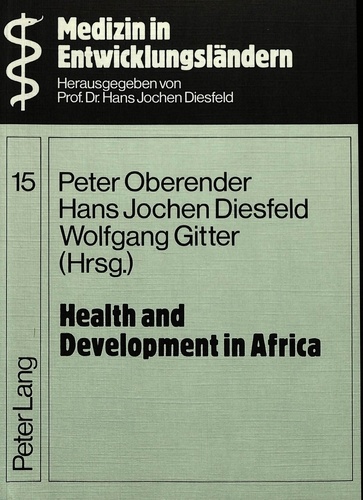
Non classé
Health and Development in Africa
12/1983
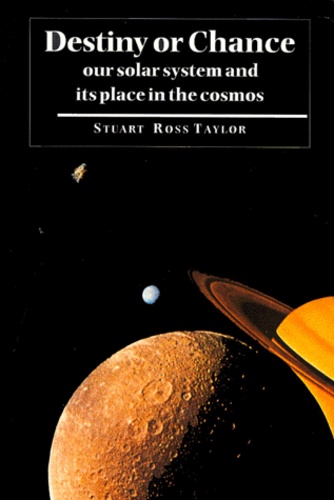
Sciences de la terre et de la
Destiny or Chance. Our solar system and its place in the cosmos
01/2000
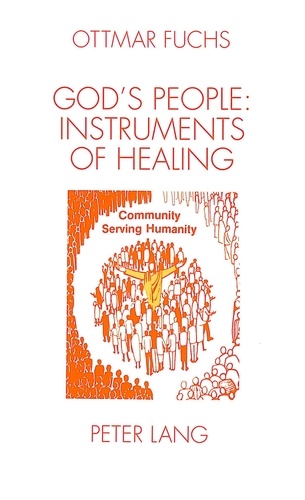
Religion
God's People: Instruments of Healing
07/1993
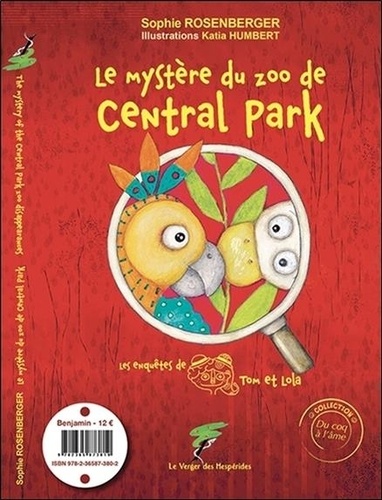
Autres collections (9 à 12 ans
Les enquêtes de Tom et Lola : Le mystère du zoo de Central Park. Edition bilingue français-anglais
10/2021
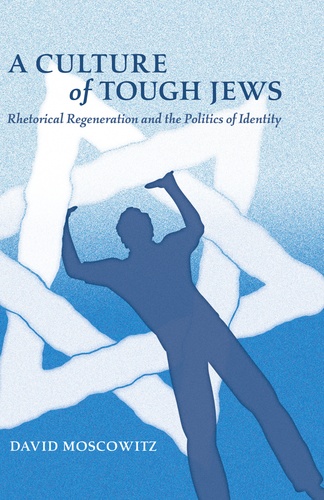
Non classé
A Culture of Tough Jews
10/2014

Non classé
Cognitive Perspectives on Language
11/1999
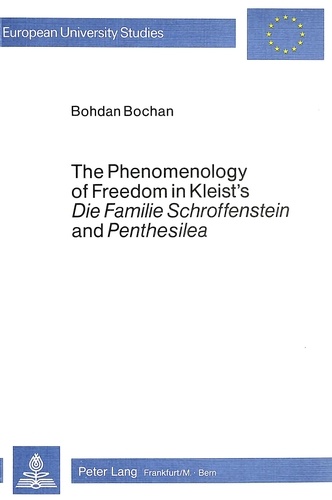
Non classé
The Phenomenology of Freedom in Kleist's Die Familie Schroffenstein</I> and "Penthesilea</I>"
12/1982
